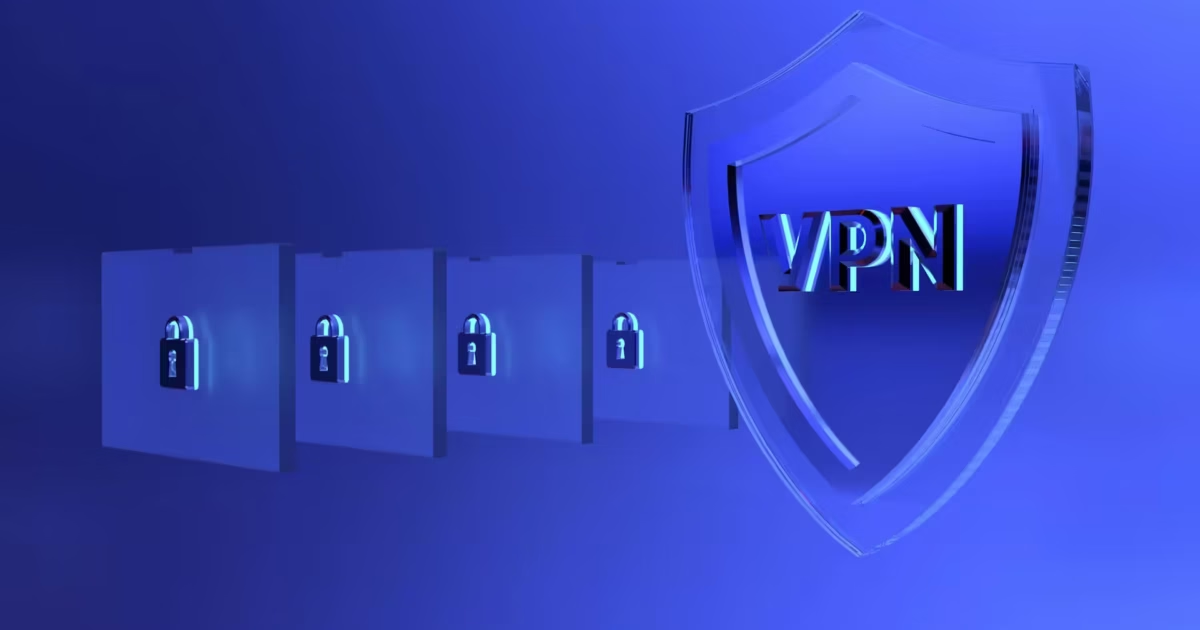How to Choose the Right VPN (Without Getting Burned)

A few years ago, VPNs were the domain of IT departments, political dissidents, and the occasional ultra-paranoid Redditor. Now? They’re everywhere. You can’t watch a YouTube video without some cheery host telling you a VPN is the only thing standing between you and cyberdoom.
And sure, the premise is solid — encrypt your data, hide your location, keep advertisers and shady Wi-Fi hotspots from snooping. But with every brand promising “blazing speeds” and “military-grade security,” the question isn’t should you get a VPN. It’s which one? And more importantly, how do you avoid picking a dud?
Let’s talk about the facts, not the sales pitch.
Table of Contents
First things first: What a VPN actually does
Imagine you’re mailing a postcard. Anyone handling it — the postal worker, your nosy neighbor — can read it. That’s your normal internet traffic. A VPN puts your internet in an envelope. It scrambles all your online data and sends it through a secure server in another country.
No one can see what you’re doing. To websites and trackers, you’re not “you” anymore — you’re “a random user from Singapore” or “someone in Chicago.”
But here’s the reality check: it’s not a magic invisibility cloak. Click on a shady link? You’re still in trouble. Overshare on Facebook? No VPN can save you from yourself.
Step 1: Get clear on your VPN Needs
Before you even look at server counts or pricing, ask yourself: What’s my main goal?
- Privacy hawk? Choose a company that promises not to save your data and that people trust.
- Frequent flyer? You’ll want worldwide servers so you can stream your home shows abroad.
- Streaming addict? Make sure the VPN can bypass Netflix’s cranky geo-blocks — not all can.
- Gamer? Prioritize low latency and DDoS protection.
- Remote worker? Reliability and top-tier encryption should be non-negotiable.
If you don’t figure this out upfront, you’ll drown in features you’ll never use.
Step 2: Speed still matters
Yes, VPNs slow your connection a little. The trick is finding one where that “little” feels like nothing. A big, well-spread server network helps. So does unlimited bandwidth.
One tip: If you’re streaming or gaming, check where their servers are located. You don’t want to be in New York bouncing through a single server in Europe when all you need is one in New Jersey.
And here’s something most people overlook — if you’ve got multiple devices at home, running the VPN on your router can save you a ton of hassle. For mesh systems like Google WiFi, Mindful Browsing suggests pairing it with Google WiFi VPN. It means everything from your laptop to your smart fridge gets protection, without you having to install separate apps on each. It’s like flipping one master switch for your home’s digital security.
Step 3: Don’t cheap out on security
Hacker Noon says VPN’s core job is keeping you safe, so this is where you can’t compromise. Look for:
- AES-256 encryption (think: bank-level, but stronger)
- Trusted protocols like OpenVPN, IKEv2, or the newer, faster WireGuard
- A kill switch that stops your internet cold if the VPN drops
- DNS leak protection to make sure your real IP never sneaks through
- A no-logs policy backed by an independent audit (bonus points if it’s been tested in court)
If a provider dodges questions about these, run.
Step 4: Free VPNs? Hard pass.
The use of a VPN comes with a cost — servers, maintenance, engineers, audits. If it’s free, they’re making that money somewhere. Spoiler: it’s probably your data they’re selling (find the ones who aren’t selling your data).
That doesn’t mean you have to spend a fortune, but do budget for a reputable paid option.
Step 5: Bonus features worth having
Once you’ve nailed the basics, extras can be the cherry on top:
- ad/tracker blocking
- Malware protection baked in
- Split tunneling so you can route just certain apps through the VPN
- Obfuscation tech for places where VPNs are frowned upon
- File-sharing tools for private transfers
Not must-haves for everyone, but they can make life easier.
Step 6: Trust, but verify
A lot of VPNs say they’re private. The only ones I trust are the ones that prove it — through independent audits, transparency reports, or real-world legal tests where they had nothing to hand over.
Step 7: Test-drive before you lock in
Most solid VPNs we find here offer a 30-day money-back guarantee. Use it like a free trial. See how it handles streaming, video calls, gaming. If you get buffering, dropped connections, or can’t get into the services you want, move on.
The bottom line
The right VPN isn’t about picking the one with the most dramatic ad. It’s about knowing your needs, checking the privacy math, and not being afraid to walk away if it underperforms.
A good VPN won’t make you invisible. But it will give you back a little control over your digital footprint — and in today’s internet, that’s worth more than gold.